-
Critic's Rating - 8/108/10
8/10
Saadat Hasan Manto was a fearless writer, torn between the partitioned nation, like several other misfortunes to have lived in those times. However, the unflinching resolve to tell the truth and the undying love for his nation, only worsened the endurement of the partition for him. This is the time in Manto’s life, that Nandita Das chooses to make into a film and introduces the passional fire of Manto to the dispassionate Robots of today. As we skim through the narrative, the script, stealthily, injects us with Manto’s pain by visualizing his short stories in the form of a parallel narrative; which have the most grinding impact on the viewer and are easily the best portions of the film.
Manto is a well-crafted film that is sporadically eluded by its soul.
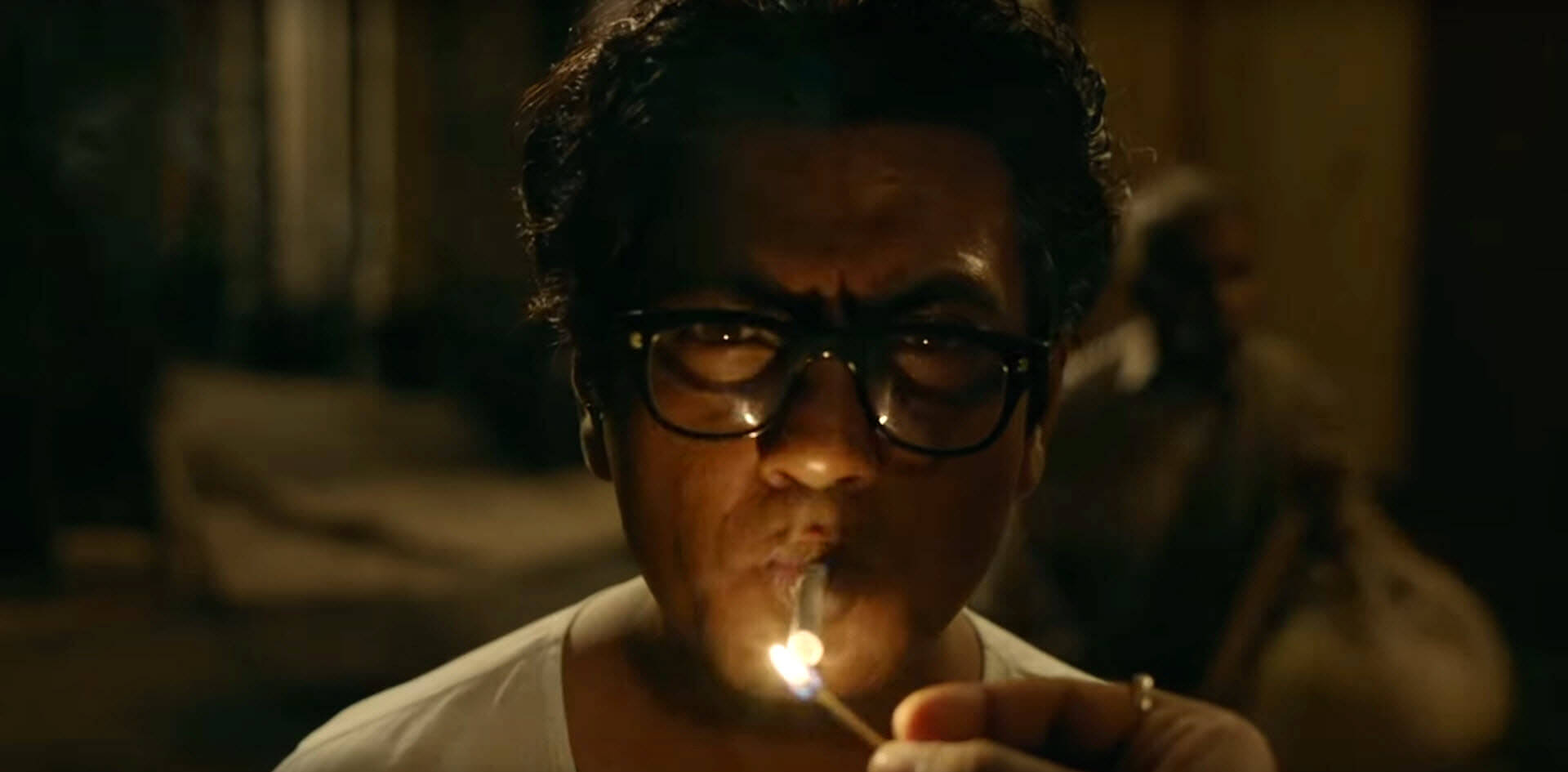
Nandita Das has returned to Filmmaking after Firaaq, which was a decade ago. The precision achieved in terms of aesthetics is commendable, the cinematography and the lightning beautifully complement the visual richness but beyond the pitch perfect frames, you keep seeking for a non-existent soul. It is when the narrative, briefly shifts to Manto’s Short Stories, that the soul of this film is discovered, which is otherwise lost when the film focuses on Manto’s life and not his stories. This brings about an interesting theory; is the writer-director more in love with Manto’s stories than she is with his life as a Writer, or is it just another one of the mysteries of cinema, where despite taking every right step, something remains annoyingly elusive.
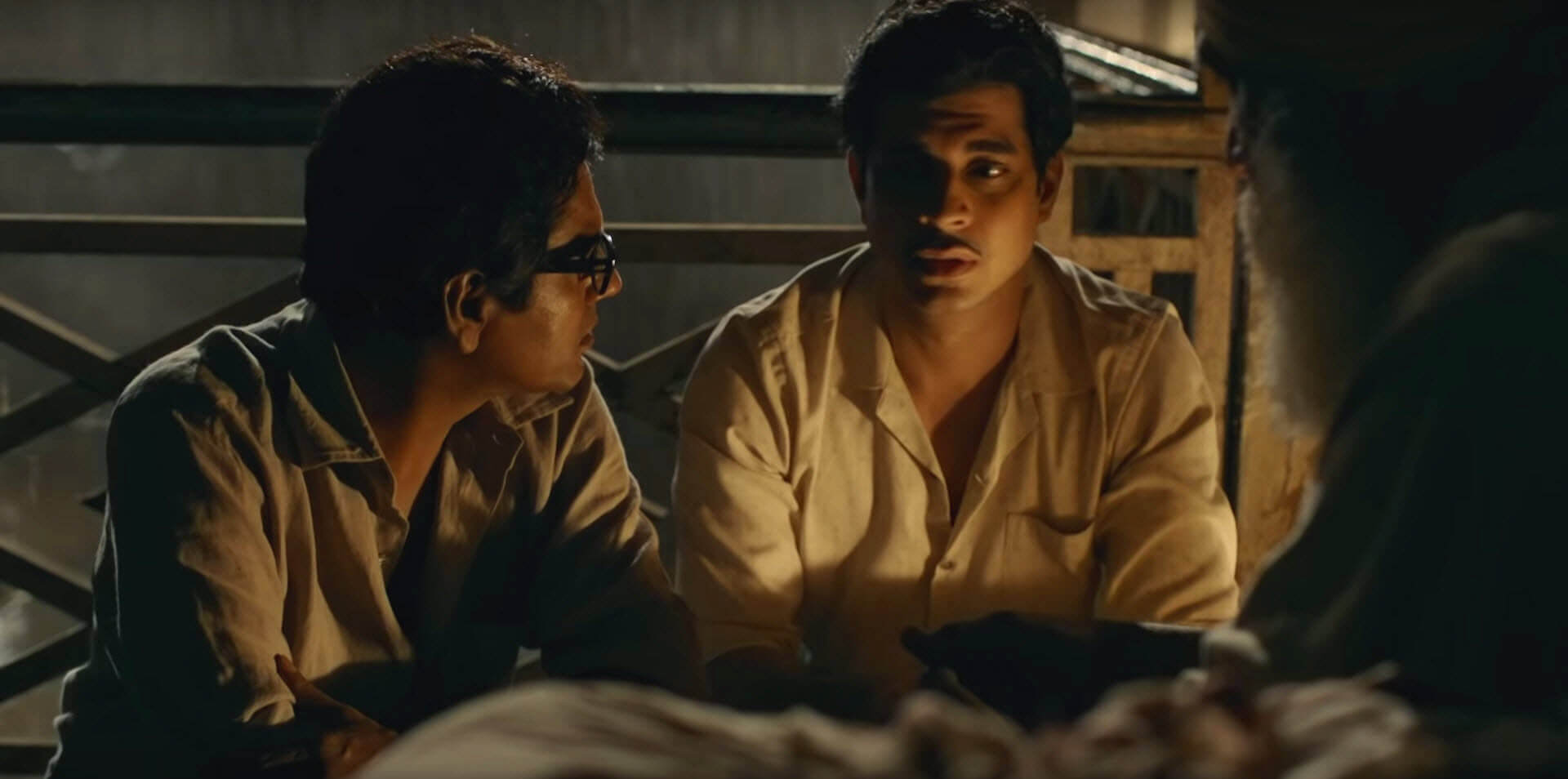
An interesting direction choice Nandita Das makes is to use the partition as a recurring motif in her framing and screenplay. Manto and his Hindu friend sitting across each other on opposite sides of a bus seat, Manto walking out of the room after a disagreement with his wife and see how the next frame is, there is a wall ‘ partition ‘ in between and Manto and his wife on either side of it. Crutching at these subtle ideas, the director conveys that under the gloomy umbrella of India-Pakistan partition, there are several little partitions like, parting with his friend and a fellow poet, difference of opinion with his once supportive wife, we also get a scene in which Manto and his wife consider divorce. Finally, when we see Manto’s devestated close-up at the end, we know that the culmination of these constant partitions have broken him from within.
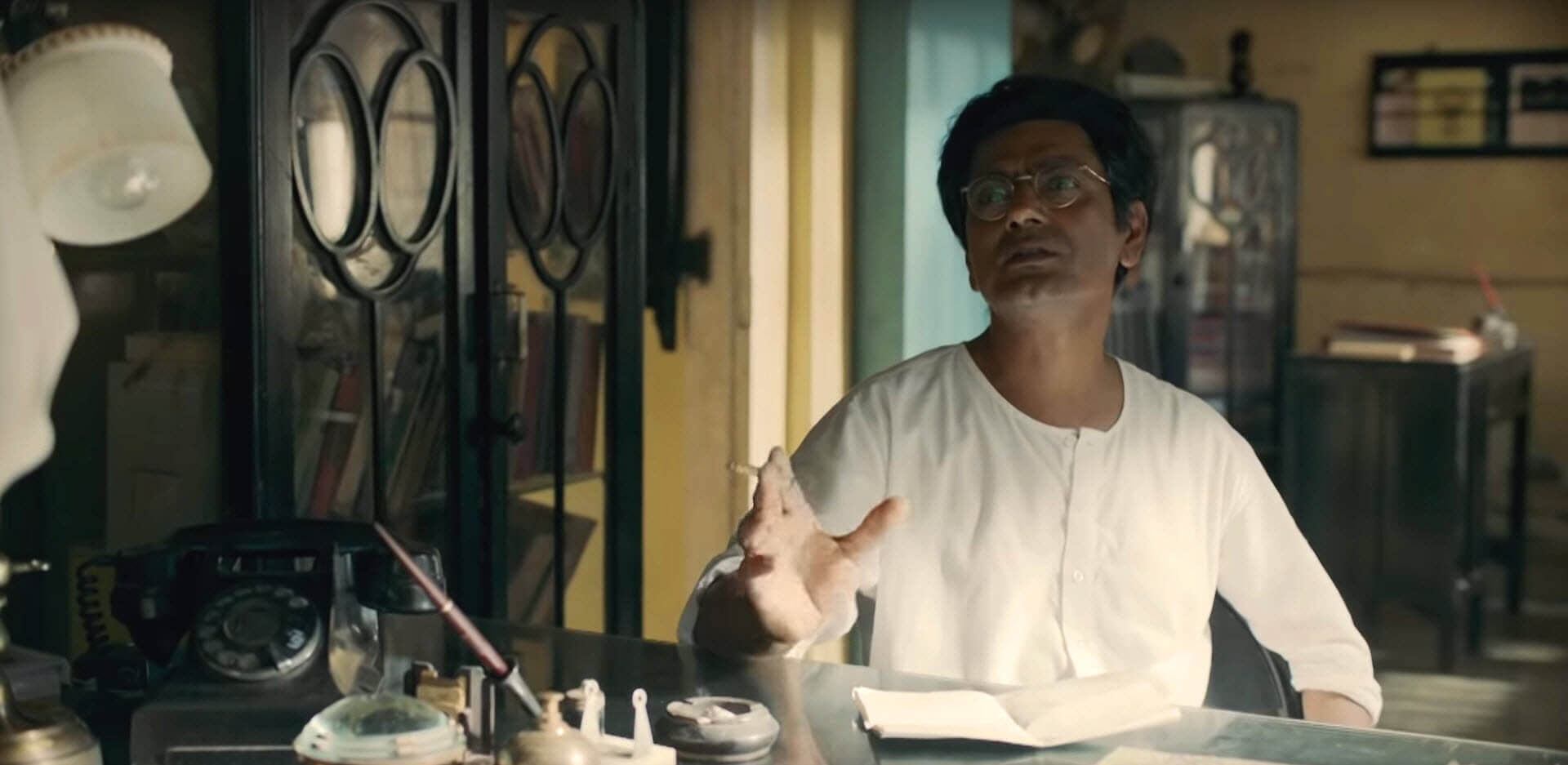
The film starts off with one of Manto’s stories about Prostitution, Childhood and innocence. This story goes on for about 5-6 minutes and I have not seen a more staggering start to a film. The honesty in the story and the destitute of our society, at display, left me stunned. The most prominent story of all, in the film and also in Manto’s life was, Thanda Ghosht ( Cold Flesh, a corpse ) . I shall leave you to discover the sting this story gives you in the three minutes of runtime. I was more fascinated by the title of the story as the meaning of the phrase ‘ Thanda Ghosht ‘ resonates perfectly with our society that has turned indifferent to the unspeakable atrocities that have only grown in recent times. Although it has a completely different significance in the film but I found the analogy of the phrase signifying our corpse like approach towards the rotting society, interesting.
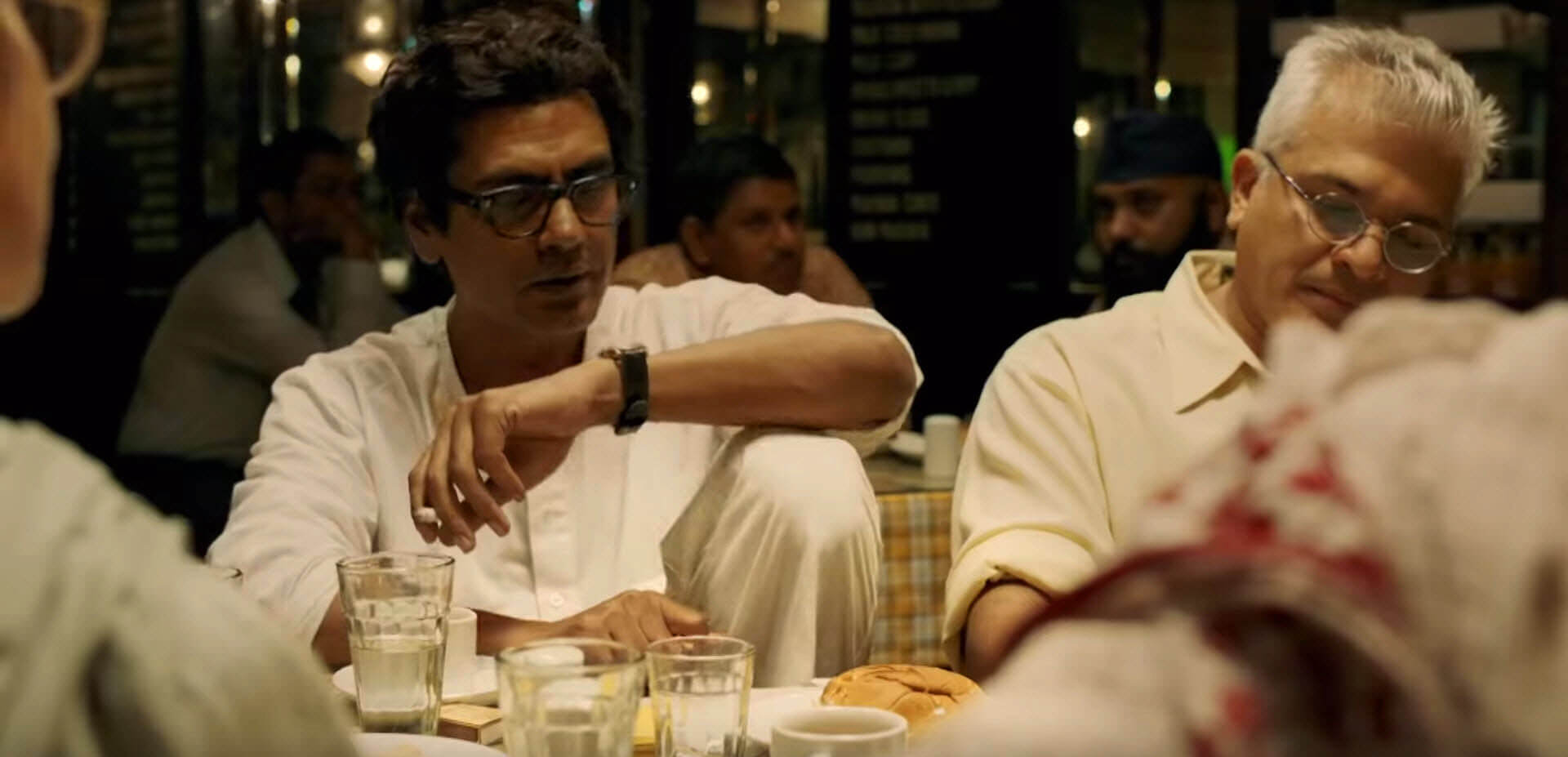
Nawazuddin Siddiqui as Manto is unrecognizable as a personality, although you see Nawaz’s face, the familiarity ends there. The entire emotional journey of Manto is expertly internalized by one of the best actors to have ever graced the screen. Watch out for his reaction shots to someone else’s dialogue. Especially in the dinner table scene, where he claims to feed the family by his writing prolificacy and he is shut by his wife who says ” It could be your writing that’ll starve us to death “, the subtle change of expression on his face is heartbreaking; or look at him break from within when his daughter, sitting on his lap, smirks and says ” Your mouth stinks “. There is minimal change of expression but the expert art of communication shown, is masterful. The other performance that matches Nawaz’s emotional depth, beat by beat, is the terrific Rasika Dugal as Safia, Manto’s wife. We also meet several other characters who were a prominent part of Manto’s life. His friendship with a film superstar is particularly endearing and his lovely banter witha fellow writer, Ismat Chughtai is fascinating. However, as a result of these multiple characters and narrative threads, it ends up being a crammed story about a magnificent figure and loses focus of the narrative, far too often.
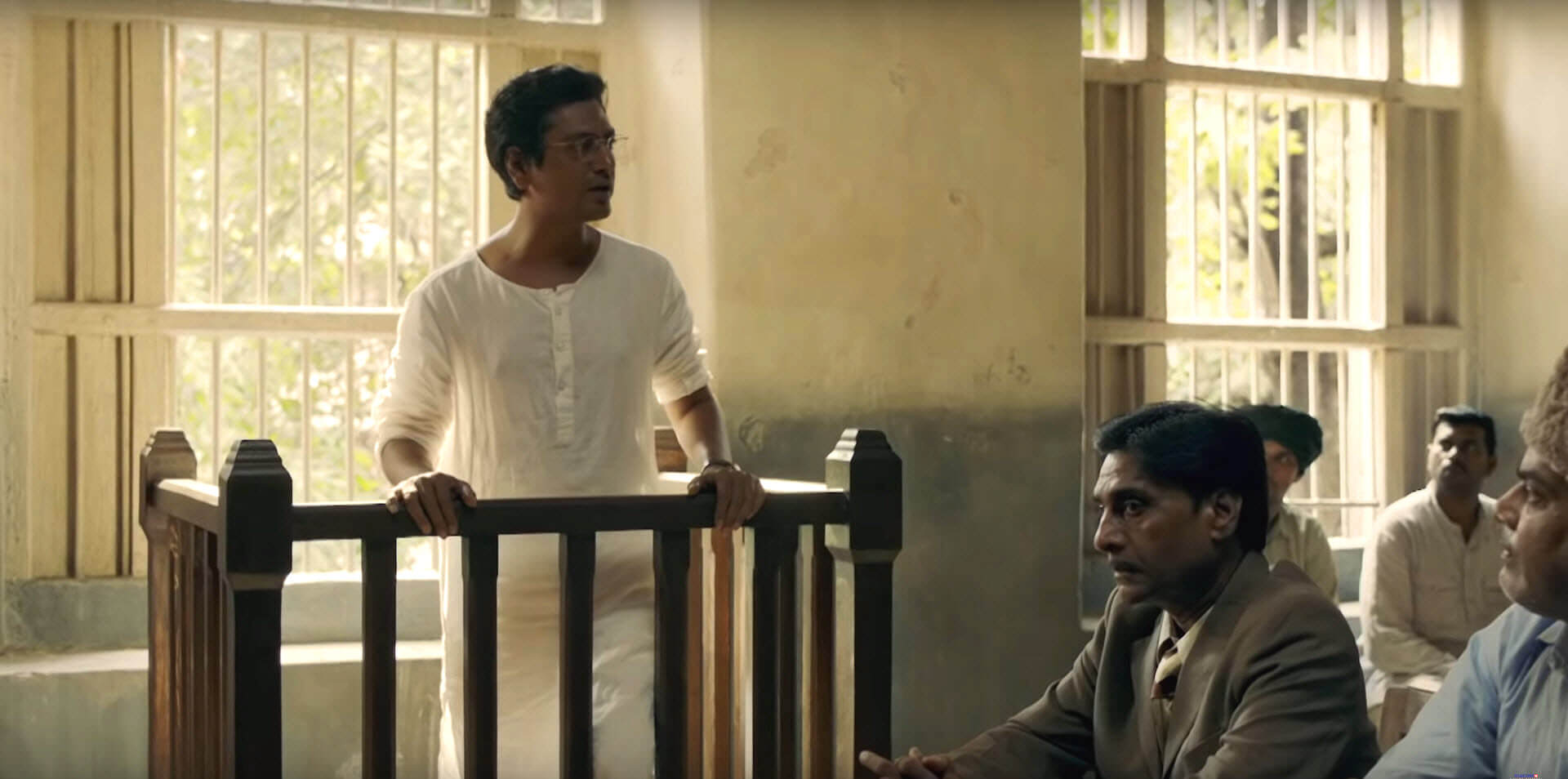
The film’s greatest accomplishment is the craftsmanship at display. A film so well crafted falls short of infusing it with enough soul to transcend into greatness. As I was in a dilemma about the film’s quality, I asked myself, what cinema’s primary objective is; it is to inspire a timid soul and Manto, both the film and the man, manage to inspire you enough to question your contribution towards the decaying society.


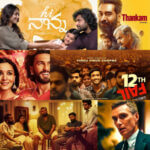





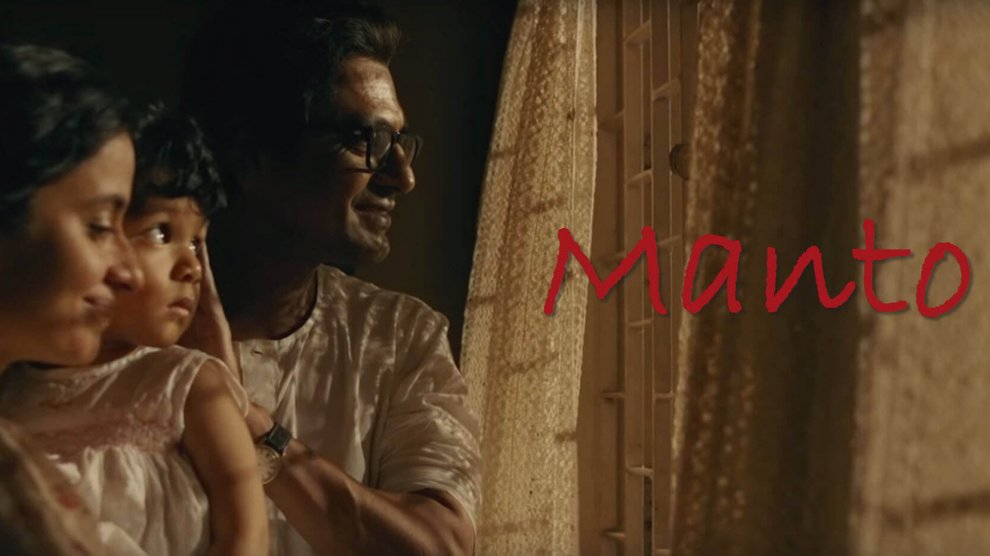






Add Comment